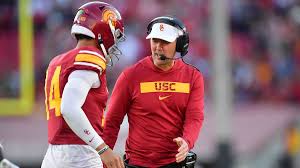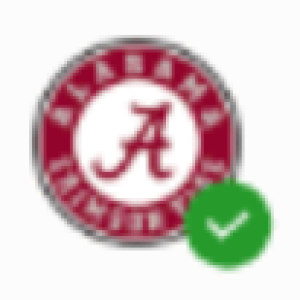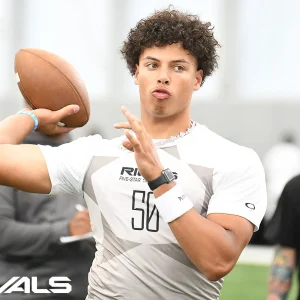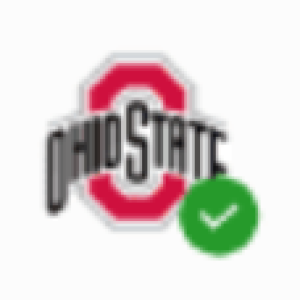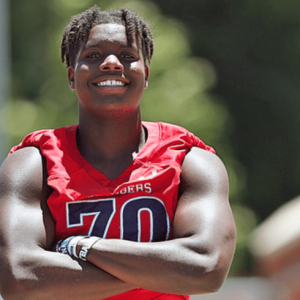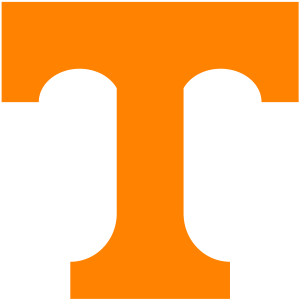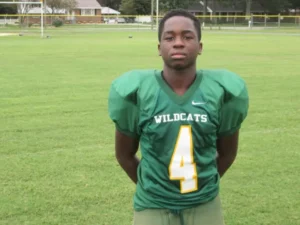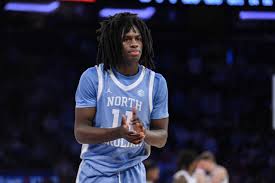College football analyst Josh Pate recently offered compelling insights into USC Trojans rebuilding efforts under Lincoln Riley. Despite three consecutive seasons of declining records, Pate believes significant changes behind the scenes could signal a program turnaround for the Big Ten newcomers, who now boast 247Sports’ top-ranked 2026 recruiting class. This dramatic turnaround mirrors what we’ve seen with other programs making strategic shifts in their approach to talent acquisition and program development.
Elite 2025 Class Taking Shape
Husan Longstreet (Rancho Cucamonga, CA) stands as the centerpiece of USC Football 2025 class, currently ranked among the nation’s top 15. The five-star quarterback brings elite arm talent and dual-threat capabilities that perfectly align with Riley’s offensive system. Projected as an early contributor, Longstreet represents the caliber of signal-caller that powered Riley’s previous success at Oklahoma. His commitment follows the pattern of elite quarterbacks making early decisions, much like George McIntyre’s journey to Tennessee.
Jahkeem Stewart (Marrero, LA) gives the Trojans a critical defensive anchor. The four-star defensive lineman brings disruptive strength and quickness that addresses USC’s recent struggles along the defensive front. Pate notes Stewart’s unique combination of power and technique could make him an immediate impact player as the program transitions to Big Ten competition, following the blueprint of successful defensive rebuilds like Clemson’s recent recruiting surge.
Corey Simms (St. Louis, MO) adds explosive playmaking ability at wide receiver. The dynamic four-star prospect possesses the separation skills and route-running precision that thrive in Riley’s offense. Though slightly undersized, his acceleration and ball skills project him as a potential matchup nightmare at the collegiate level for College Football defenders, similar to other elite receiver prospects like Tristen Keys who LSU is pursuing.
Transfer Portal Reinforcements
USC continues supplementing their high school recruiting with strategic transfer additions. Sam Huard (Utah) provides experienced quarterback depth after showing flashes of his five-star potential. Meanwhile, Keeshawn Silver (Kentucky) brings SEC-tested talent to a defensive line that desperately needs physical presence and consistency. This approach mirrors what we covered in our analysis of players who transformed their teams by skipping the transfer portal, showing Riley’s multifaceted roster-building strategy.
Administrative Revolution
Pate emphasized that USC’s most significant improvements might be happening off the field. Riley’s initial struggles stemmed partly from administrative limitations in NIL strategy and roster management, issues that have affected many programs in the evolving landscape of college football recruiting. Recent structural changes have addressed these deficiencies, creating what Pate calls a more “well-oiled machine” that should enhance recruiting efforts moving forward against powerhouses like Ohio State Buckeyes and other elite programs. This approach shows parallels to Deion Sanders’ recruiting strategy at Colorado, where administrative backing has proven crucial.
Pate’s Key Takeaways
Pate stressed that fans should exercise patience while acknowledging USC’s progress. “The right people are now in place,” he noted, highlighting both the coaching adjustments and administrative overhaul. While the Trojans’ 6-6 record in 2023 justifies skepticism, Pate believes the foundation for sustainable success is finally taking shape as they prepare for future Big Ten competition. This measured analysis reflects similar transitions we’ve covered, including USC’s challenges under Riley that now appear to be turning around.
Visit Prospect-Radar.com for more exclusive recruiting insights and analysis throughout the college football calendar, including our continued coverage of elite 2026 prospects making waves across the recruiting landscape.

